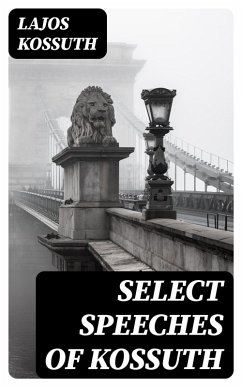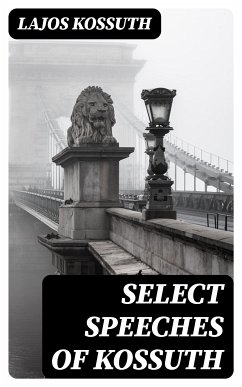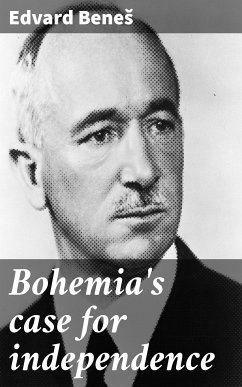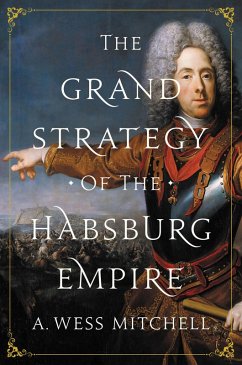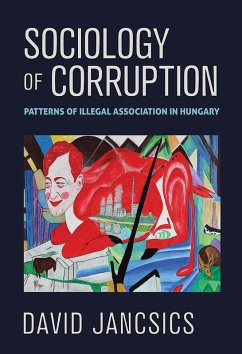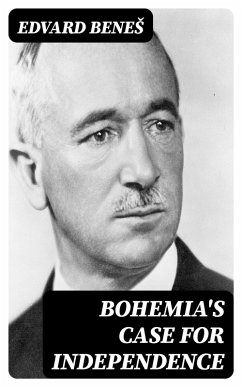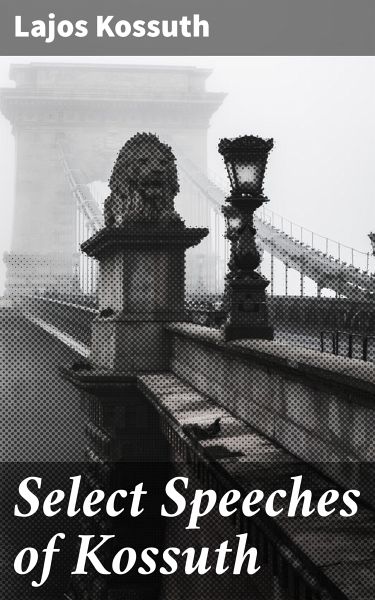
Select Speeches of Kossuth (eBook, ePUB)
Championing Liberty: A Collection of Revolutionary Oratory
Redaktion: Newman, Francis William

PAYBACK Punkte
0 °P sammeln!
In "Select Speeches of Kossuth," Lajos Kossuth delivers a compelling collection of oratory that encapsulates his fervent advocacy for Hungarian independence and democratic principles during the mid-19th century. Characterized by impassioned rhetoric and eloquent prose, the speeches reflect historical contexts of political turmoil and national identity. Kossuth's literary style not only captivates but also mobilizes audiences toward social and political reform, effectively situating his work within the broader spectrum of European revolutionary thought. The text serves as both a historical docu...
In "Select Speeches of Kossuth," Lajos Kossuth delivers a compelling collection of oratory that encapsulates his fervent advocacy for Hungarian independence and democratic principles during the mid-19th century. Characterized by impassioned rhetoric and eloquent prose, the speeches reflect historical contexts of political turmoil and national identity. Kossuth's literary style not only captivates but also mobilizes audiences toward social and political reform, effectively situating his work within the broader spectrum of European revolutionary thought. The text serves as both a historical document and a vivid representation of the spirit of a nation seeking self-determination. Lajos Kossuth, often referred to as the "Father of Hungarian Democracy," was a statesman and a key figure in the Hungarian Revolution of 1848. His experiences as a political leader and exile, coupled with his deep commitment to civil rights and national sovereignty, profoundly influenced his speeches. Kossuth's ability to articulate the aspirations of his people, even in the face of adversity, showcases his profound understanding of the intersection between politics and the human condition. "Select Speeches of Kossuth" is a must-read for anyone interested in European history, political oratory, or the struggles for national identity. Kossuth's words resonate with contemporary issues surrounding democracy and human rights, making this collection not only historically significant but also relevant to modern readers seeking inspiration in the fight for justice and freedom.
Dieser Download kann aus rechtlichen Gründen nur mit Rechnungsadresse in A, B, BG, CY, CZ, D, DK, EW, E, FIN, F, GR, H, IRL, I, LT, L, LR, M, NL, PL, P, R, S, SLO, SK ausgeliefert werden.




